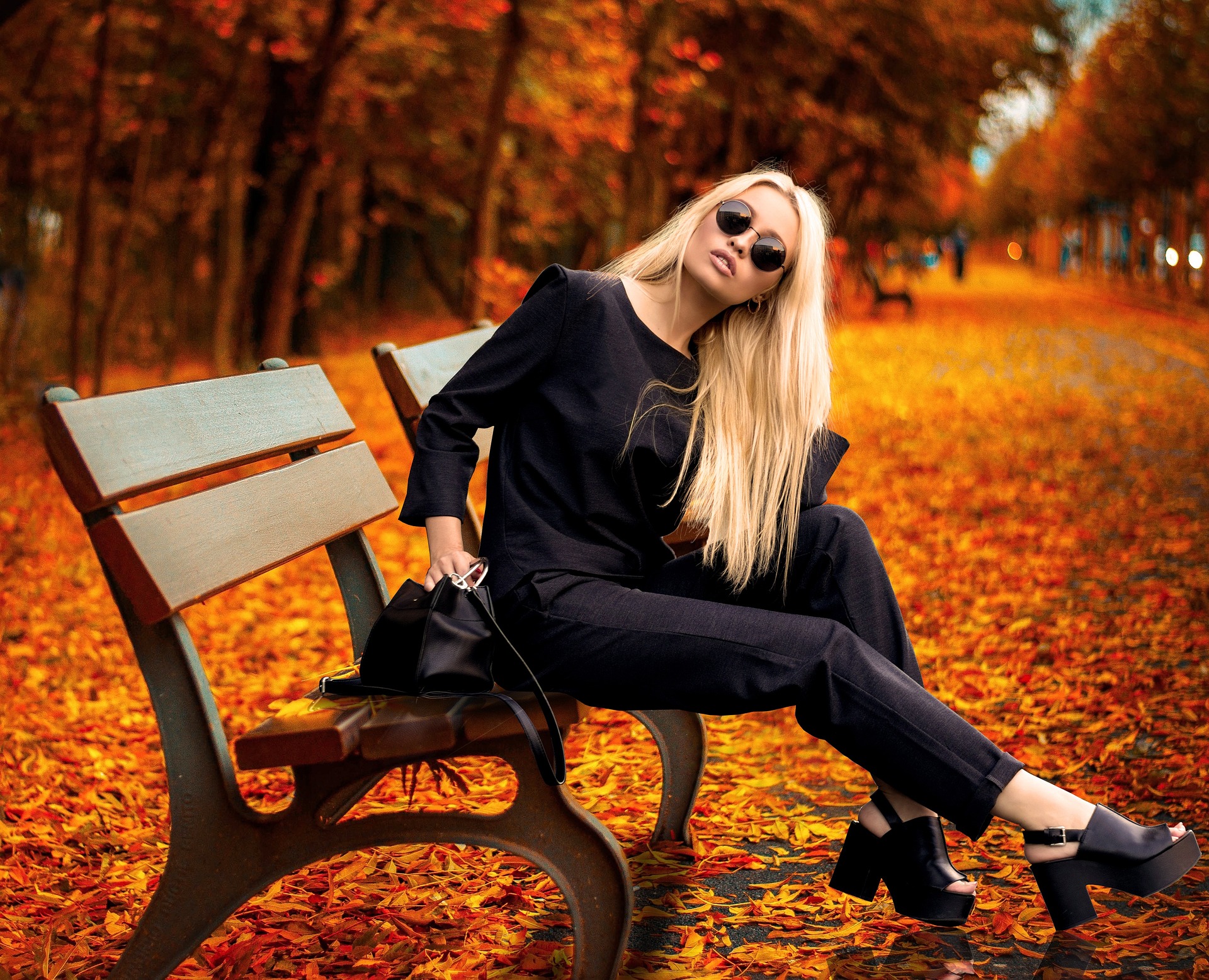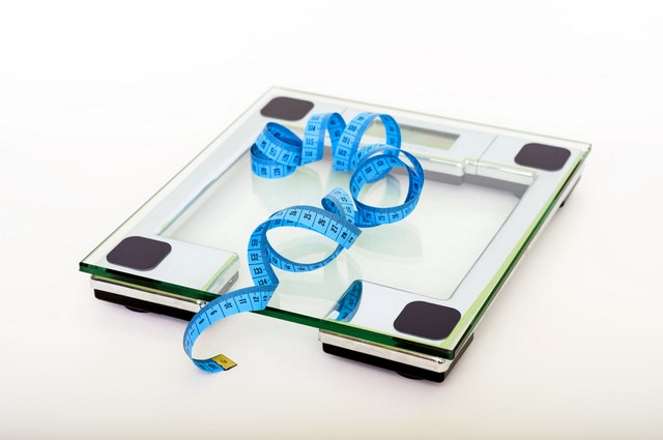The Unseen Influence: How Fashion Psychology Shapes Our Wardrobe Choices
What if the clothes you reach for each morning reveal more about you than just your style preference? Welcome to fashion psychology, an intriguing realm where our sartorial selections meet subconscious motivations. Fashion Psychology is a relatively new field that has been gaining traction over the last decade. It uses psychological principles to understand why we wear what we wear and how our clothing choices affect our mental state, self-perception, and social interactions. The field has its roots in the psychological theories of Carl Jung and subsequent researchers who explored the link between personality traits and clothing choices.

2. The Psychology Behind Fashion Choices
Fashion psychology suggests that our clothes are not merely functional or aesthetic; they are a reflection of our mental and emotional state. For instance, an individual feeling low or anxious may opt for comfort clothing like oversized sweaters or soft fabrics. On the other hand, someone feeling confident might choose bold, eye-catching outfits. These choices often happen subconsciously, revealing our hidden emotions and self-perceptions.
3. The Influence of Fashion Psychology on Current Trends
Fashion psychology has significantly influenced recent trends. Consider the rise of loungewear during the pandemic; as people sought comfort and solace, sales of loungewear soared, reflecting a collective desire for comfort and security. Similarly, the popularity of personalization in fashion, from monogrammed bags to custom-fit clothing, underscores our need for individuality and self-expression.
4. The Impact on Consumer Behavior
Understanding fashion psychology can also give retailers an edge. By tapping into customers’ psychological motivations, they can predict trends, tailor marketing strategies, and enhance the shopping experience. For instance, emphasizing the comfort and functionality of clothing can appeal to consumers seeking security, while promoting the uniqueness of a product can attract those desiring self-expression.
5. Fashion Psychology: A Tool for Empowerment
Beyond industry implications, fashion psychology can be a tool for personal empowerment. Understanding the psychological impact of our clothing choices can help cultivate a more purposeful and positive relationship with our wardrobe. It can boost self-esteem, enhance mood, and even improve performance, turning fashion into a form of self-care.
Unraveling the Threads: Practical Insights from Fashion Psychology
-
Dress for the mood you want: If you’re feeling low, resist the urge to reach for drab clothes. Opt for outfits that lift your mood and make you feel good about yourself.
-
Cultivate a mindful wardrobe: Be aware of the emotional impact of your clothing choices. This consciousness can help you curate a wardrobe that enhances your mood and self-esteem.
-
Embrace personal style: Rather than blindly following trends, choose clothes that reflect your personality and values. This authenticity can boost your confidence and self-expression.
In conclusion, fashion psychology offers a fascinating glimpse into the unseen influence of our wardrobe choices. By understanding the psychological underpinnings of our fashion decisions, we can not only navigate the fashion landscape more mindfully but also use our clothing as a powerful tool for self-expression and empowerment. So, the next time you stand before your wardrobe, remember: you’re making more than just a fashion statement; you’re revealing a piece of your psyche.




